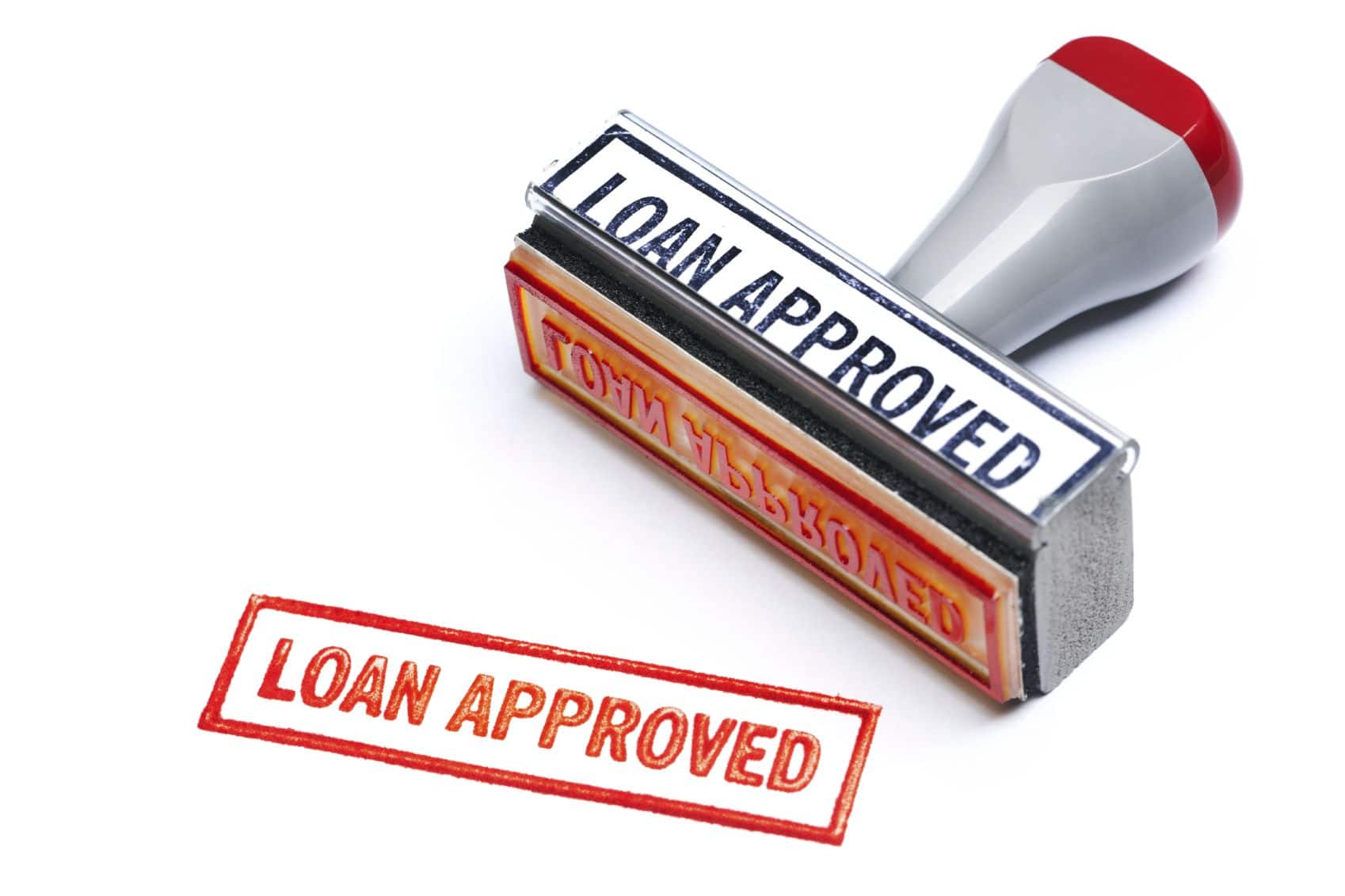Boost Your Chances of Approval

One of the first things banks or loan providers look at when new applicants for a loan try to borrow money is to do a full credit check. This means they will look at your Credit Score and call your Credit Bureau to investigate your financial past to see whether they are going to give you a loan yes or no. So obviously one of the smartest things to do is to make sure you have a decent Credit Score or have a co-signer or even your partner or spouse taking out the loan if yours is (way) lower. You could also try to clean up your credit before you consider taking out a new loan. Sift through all bills, call your credit card issuer(s) or bank and ask if you still have any payments due.
Another great thing to do is to start a side-hustle apart from your regular job so that your income-to-debt increases. This way, when you apply for a loan, and you’re filling out the required forms, you have a higher chance of getting your loan approved. Now, of course, this is easier said than done, but nowadays, it’s effortless to do all sorts of work-from-home jobs that bring an extra buck in the drawer. If your side hustle goes well enough, you might not even need a new loan in the first place.
Consider what you’re going to spend the soon to be acquired the new loan on and if you need it. Remember taking out loans will always hurt your credit score one way or another, so do think twice before applying for one. Most of the time, ordering an extra credit card is cheaper (some are only 0% APR the first year!) and won’t hurt your Credit Score to much.
Compare different loan providers, banks, and peer-to-peer lending platforms. It always pays to shop around and do your research. You might not meet the requirements with a particular loan provider or your bank. Simply check out several different ones and find one you do meet the requirements for.
Another great way of increasing the chances of getting your loan approved is by giving the loan provider collateral. Collateral helps to gain confidence from your bank or other financial institution. In this case, they have collateral, which assures them that when you cannot repay your loan, you can still give them the collateral and pay the loan off or partially off with it.
There are different forms of collateral. It can be the case that when you cannot repay your debt, the creditor knocks your door first to collect from you before repossessing any collateral. In other cases, they repossess first before they recalculate the outstanding debt amount. This varies on a case-by-case basis and is highly dependant on your credit score and how many exceptional bills or debt you have. If specific collateral cannot be divided, the creditor will ask everyone involved to put up enough money together to pay off the loan or take the underlying asset as a whole.
Avoid being blacklisted
Although we don’t assume you’re on a blacklist anywhere, it could be the unfortunate case that you, your partner or spouse is on a blacklist somewhere. Ask yourself if you always paid your bills and debts off in time. If this is the case, then you’re probably safe and not on any blacklist.
If you have had problems paying off debts or specific bills, find out how long ago that was. Even when you repaid an outstanding debt or bill, you will most likely still be on the blacklist for another 12 months. If you didn’t pay your debts for longer than a year, you could be blacklisted for up to ten years. Once you’re on this list, you cannot get a new loan under any circumstances.
Prepare yourself
Try to collect as many details and information as possible regarding your income and expenses. Make a clear overview of your monthly costs and how much you have left every month. When you can show you always have spare cash at hand, it shows you can save money well.
If you have a somewhat smaller budget, show you can handle money well by not spending too much. As a rule of thumb, make sure you’re monthly expenses aren’t higher than a third of your monthly income. This way, you’ll have a way bigger chance your loan will be accepted. If you decide to apply for a loan offline, the old fashioned way, make sure you are dressed neatly and be on time. This shows your bank your taking the matter seriously.
Failed to get a loan?
If you failed to get a loan, don’t be too dissatisfied. Maybe it’s better to rethink whether getting a loan was such a great idea in the first place. There might have been a good reason for your bank or loan provider to have declined you. Maybe your financial situation isn’t as good as you think, and the bank wants to protect you from going in a constant debt spiral.
Apart from that, it can also because of different factors. In times of financial insecurity, banks can be a little bit more careful in granting loans.
Try again when you’re financially healthier or when the economy is in better shape. Always keep in mind it’s better to save money first before spending it. Because borrowing money also costs money.








